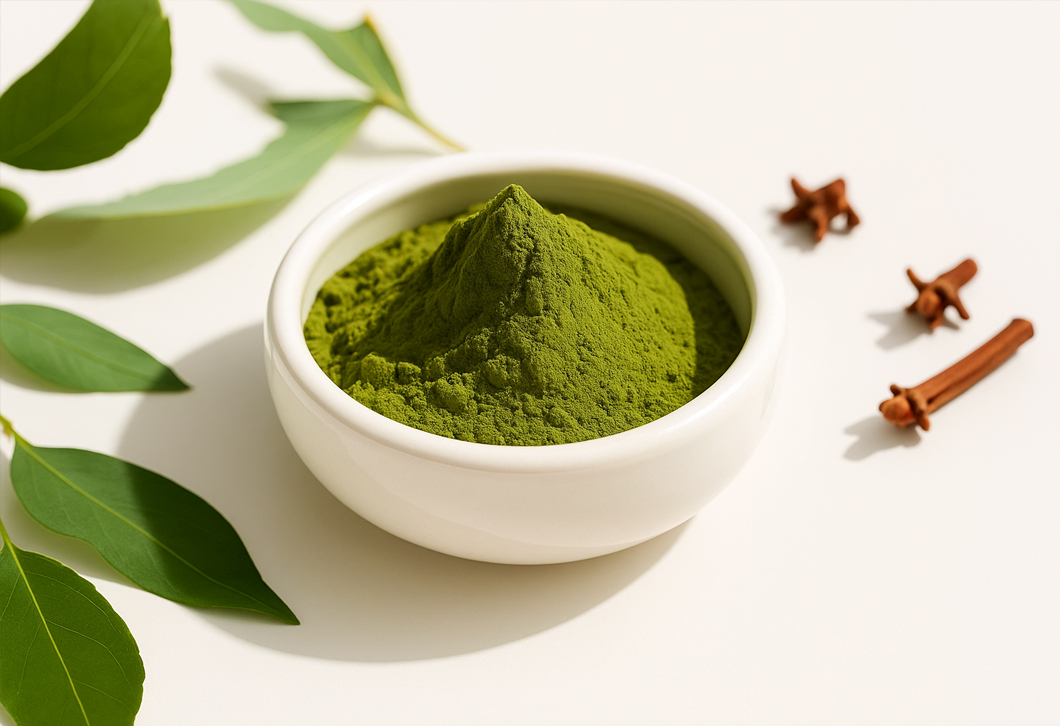Question
Is it permissible in Islam for men to apply henna on their hands and feet, especially during wedding ceremonies?
Bottom Line
No. Henna on the hands and feet is allowed for women as beautification, but haram for men since it imitates women.
Quick Answer
Women may apply henna to their hands and feet as part of an adornment for their husbands, especially during weddings. Men, however, are not allowed to do this because it is considered a form of beautification specific to women. The Prophet ﷺ cursed men who imitate women and women who imitate men.
Key Takeaway
- For men, applying henna on hands and feet is forbidden because it imitates women.
- The Prophet ﷺ explicitly condemned cross-gender imitation in appearance.
- Henna for men is only allowed for medical purposes (such as treating wounds) or limited to hair and beard dyeing, not as decoration on the body.
Detailed Answer
Henna has long been part of wedding traditions in Muslim cultures. Islam does not prohibit cultural practices unless they conflict with Shariah principles. For women, applying henna to the hands and feet is a form of beautification encouraged within the marital relationship. It is considered a lawful adornment and was known among the women of the Sahabah.
For men, however, applying henna on the hands and feet is not permissible. This is because such beautification is considered feminine, and Islam prohibits men from imitating women in appearance. The Prophet ﷺ said:
“Allah has cursed the men who imitate women and the women who imitate men.” Sahih al-Bukhari 5885
Shaykh Ibn Baz (rahimahullah) explained that men applying henna on their hands and feet is a type of imitation of women, which makes it haram. He said:
“As for the man, he should not adorn himself in this manner, because this is a kind of adornment for women… Therefore that is not permissible.” (Fatawa Nur ‘ala ad-Darb, 2/599)
The only exceptions for men are when henna is used for medical purposes (such as burns, infections, or pain relief) or for dyeing the beard or hair, which is permitted and even recommended in some hadith.
Modern Harm
- Identity confusion: Cross-gender imitation in clothing or adornment blurs Islamic gender distinctions.
- Cultural distortion: Practices meant for women, when copied by men, weaken the modest and dignified roles Islam encourages.
- Loss of symbolic meaning: Henna is traditionally tied to women’s joy and celebration in marriage, and applying it to men undermines this symbolism.
What This Means for You
If you are preparing for a wedding, it is perfectly fine for the bride to apply henna to her hands and feet. For the groom, it is not allowed as a form of beautification. Men may use henna only for hair, beard dyeing, or medical reasons, but not as decorative patterns on hands or feet.
And Allah knows best.
References
Primary Sources
Qur’an
- Al-Ahzab 33:33: Command to women to beautify within modesty and boundaries of Shariah.
Hadith
- Sahih al-Bukhari 5885: Curse on men imitating women and women imitating men.
Secondary Sources
- Shaykh Ibn Baz, Fatawa Nur ‘ala ad-Darb (2/599): Prohibition of men using henna on hands and feet.
Was this helpful?
Leave Your Comments
© Copyright 2025, All Rights Reserved

